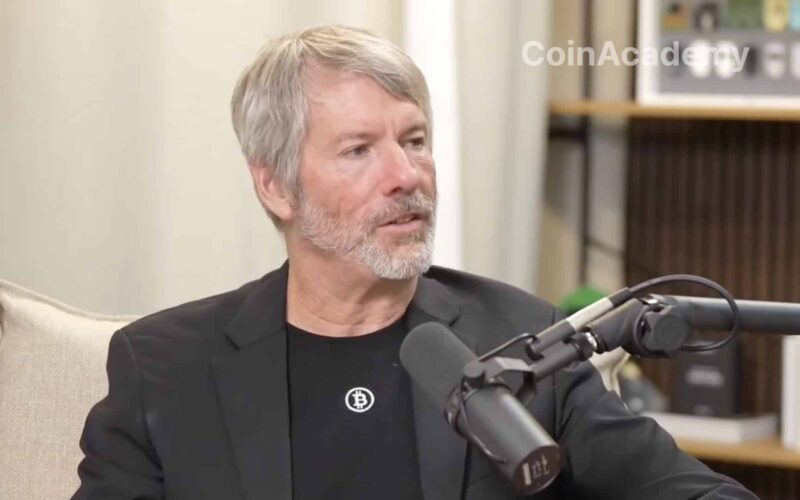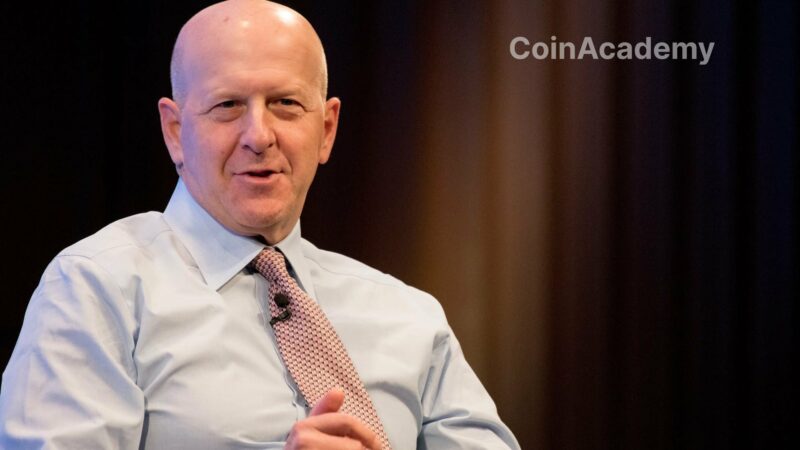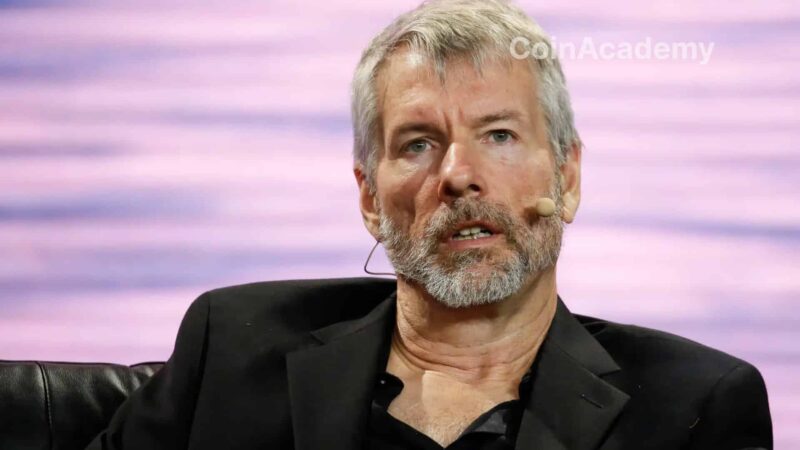Michael Saylor: Regulated Bitcoin Custody is Safer, Critics Labelled ‘Crypto-Anarchist Paranoiacs’
Vitalik Buterin Reacts Strongly
Michael Saylor, founder of MicroStrategy and a strong advocate of Bitcoin, recently sparked controversy with his comments on regulated custody of BTC. Vitalik Buterin, co-founder of Ethereum, reacted vehemently, calling Saylor’s statements ‘totally absurd’ and accusing him of promoting ‘regulatory capture’ that would compromise the decentralized nature of cryptocurrencies and hinder innovation.
A Debate on Regulated Bitcoin Custody
This debate highlights an ideological divide within the crypto community, with some favoring institutional integration and regulation for security and stability, while others defend decentralization and self-custody as pillars of innovation and collective governance.
The debate was sparked by an interview with Michael Saylor, in which he advocated for regulated custody of Bitcoin, claiming that concerns about using regulated entities for custody mainly came from ‘crypto-anarchist paranoiacs’.
This sparked strong reactions, particularly among proponents of self-custody, who argue for the personal custody of digital assets without intermediaries.
Vitalik Buterin Fires Back
One of the leading figures in the crypto world, Vitalik Buterin, quickly responded to Saylor’s comments, calling them ‘totally insane’ and stating that they do not represent what crypto means to him.
Buterin joined other critics, including Jameson Lopp, co-founder and CTO of Casa, in pointing out that self-custody is not just for paranoid individuals but plays a vital role in maintaining decentralization, network security, and ongoing innovation in the Bitcoin ecosystem.
Saylor Defends Regulated Entities
Saylor argued in favor of regulated entities such as BlackRock, Fidelity, JPMorgan, and State Street for Bitcoin custody. He claimed that this approach would be safer, reducing volatility and the risk of loss, as governments would be less likely to target these large financial institutions.
Saylor even cited President Franklin D. Roosevelt’s 1933 Executive Order, which required US citizens to surrender their gold to the government during the Great Depression to stabilize the economy. He dismissed concerns about regulated custody leading to increased centralization or government seizures, stating that these anxieties were primarily held by ‘crypto-anarchist paranoiacs’. He acknowledged that self-custody remained an option, but argued that fears about regulated entities were exaggerated.
A Controversial Approach
Saylor stood firm in his defense, maintaining that using regulated entities brings greater stability and security to Bitcoin holders. He sees Bitcoin as a crucial asset for MicroStrategy, aiming to become a ‘Bitcoin bank’ with a valuation of trillions of dollars.
An Ideological Clash between Saylor and Buterin
The clash between Saylor and Buterin reflects a growing ideological divide in the cryptocurrency world. On one side, figures like Michael Saylor seek to integrate Bitcoin into a more regulated and institutionalized framework, emphasizing security and stability. On the other side, advocates of radical decentralization like Vitalik Buterin believe that this approach compromises the essence of cryptocurrencies, which is to emancipate from intermediaries and traditional regulators.
For Vitalik and his allies, decentralization is not just about asset security, but also about preserving innovation and collective governance, fundamental values that they believe are threatened by Saylor’s approach. Saylor, on the other hand, remains convinced that for Bitcoin to establish itself in the long term, it needs an institutionalized framework managed by trusted actors.




